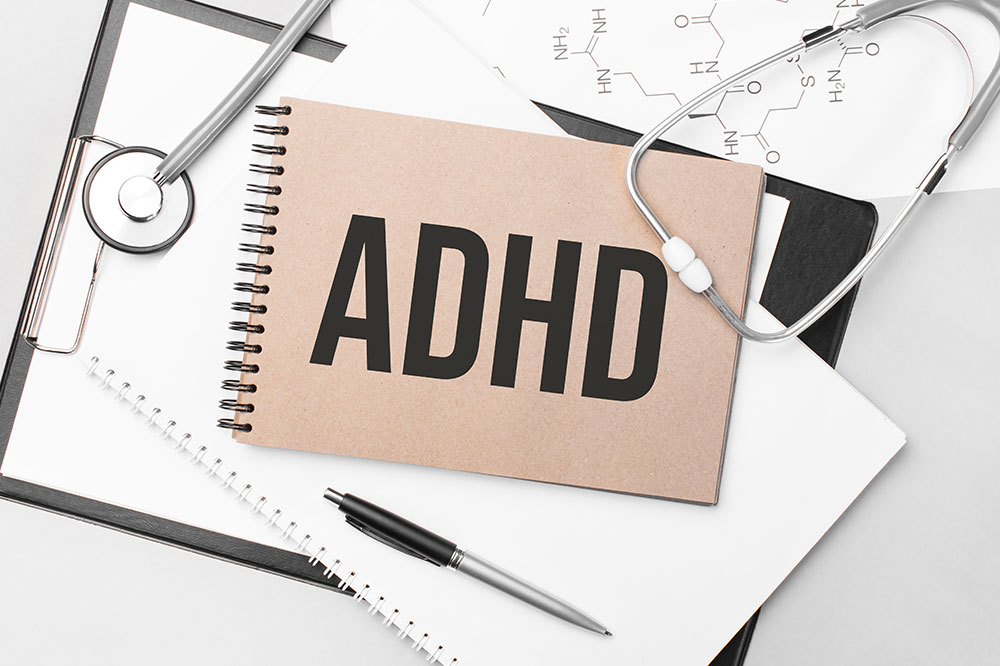Concussion Insights: Causes, Symptoms, and Prevention
Learn about concussions, including causes, symptoms, and the importance of prompt medical attention. Understanding these aspects can help in early detection and effective treatment, reducing the risk of serious complications.

A concussion is a type of Traumatic Brain Injury (TBI) resulting from a hit or sudden jolt to the head, leading to rapid brain movement within the skull. This can trigger chemical changes and cause damage to brain cells. Though often mild, if not treated promptly, concussions can lead to serious health issues.
The brain is cushioned by cerebrospinal fluid, which absorbs minor impacts. However, stronger forces such as vehicle accidents or intense shaking can breach this protection, causing brain injury and internal bleeding.
Key symptoms include tiredness, dizziness, nausea, confusion, ringing in the ears, and sleep issues. Persistent or worsening symptoms require immediate medical attention. Severe cases need urgent hospital assessment, with doctors performing tests to diagnose and monitor progress.
If a concussion is suspected, seek medical care right away, especially if symptoms fluctuate or intensify. Early intervention is crucial for proper recovery and to prevent long-term damage.


